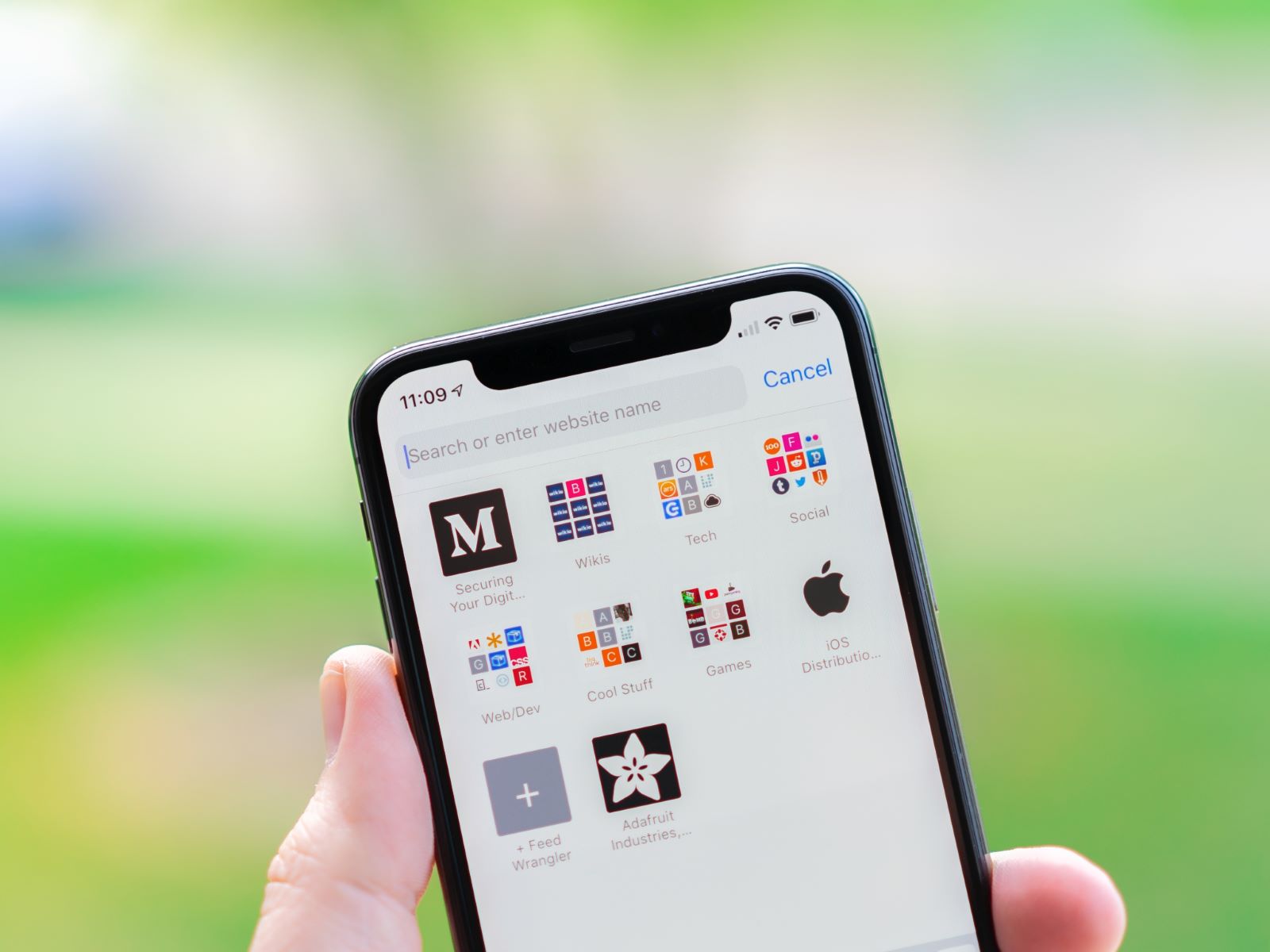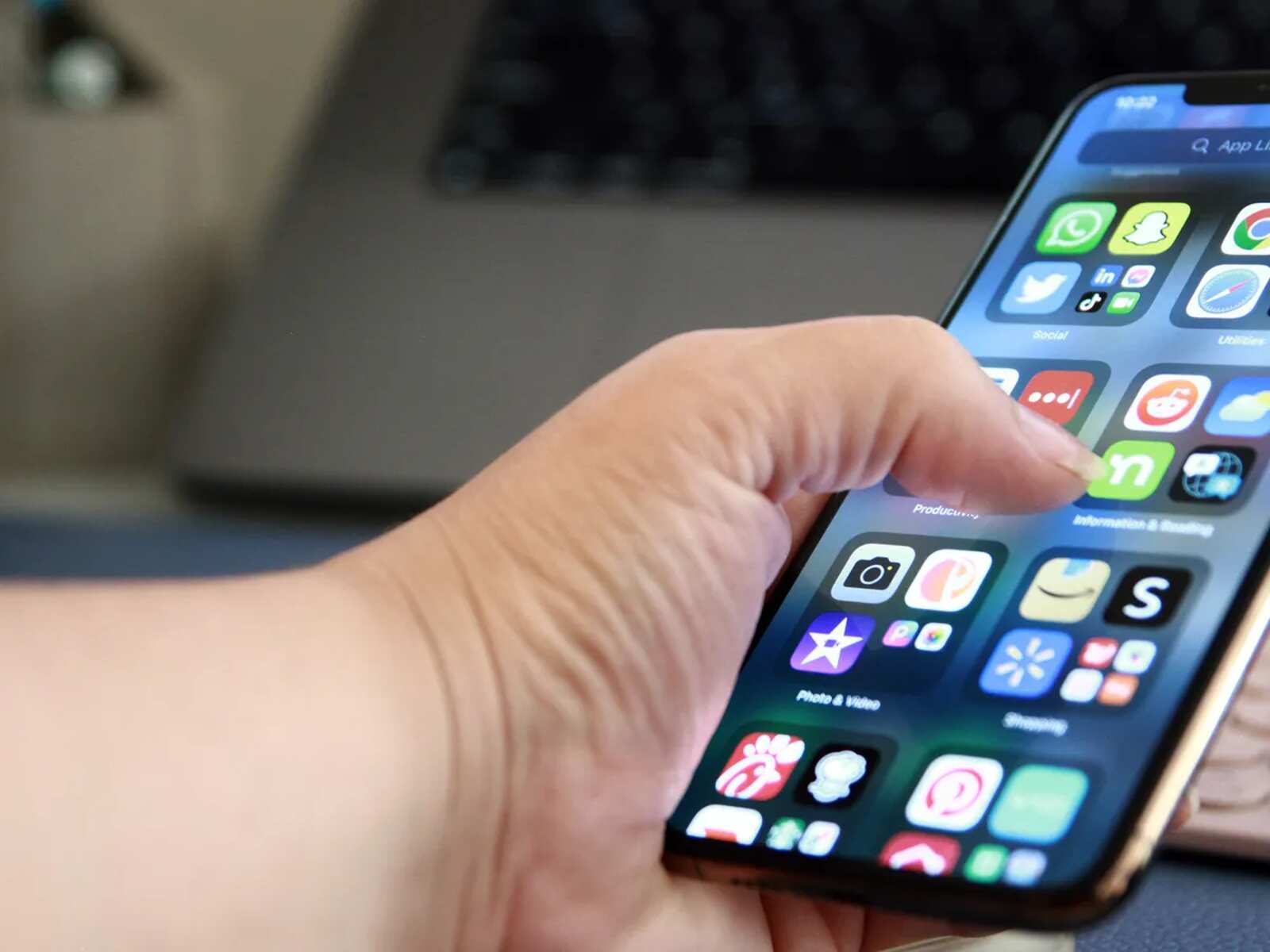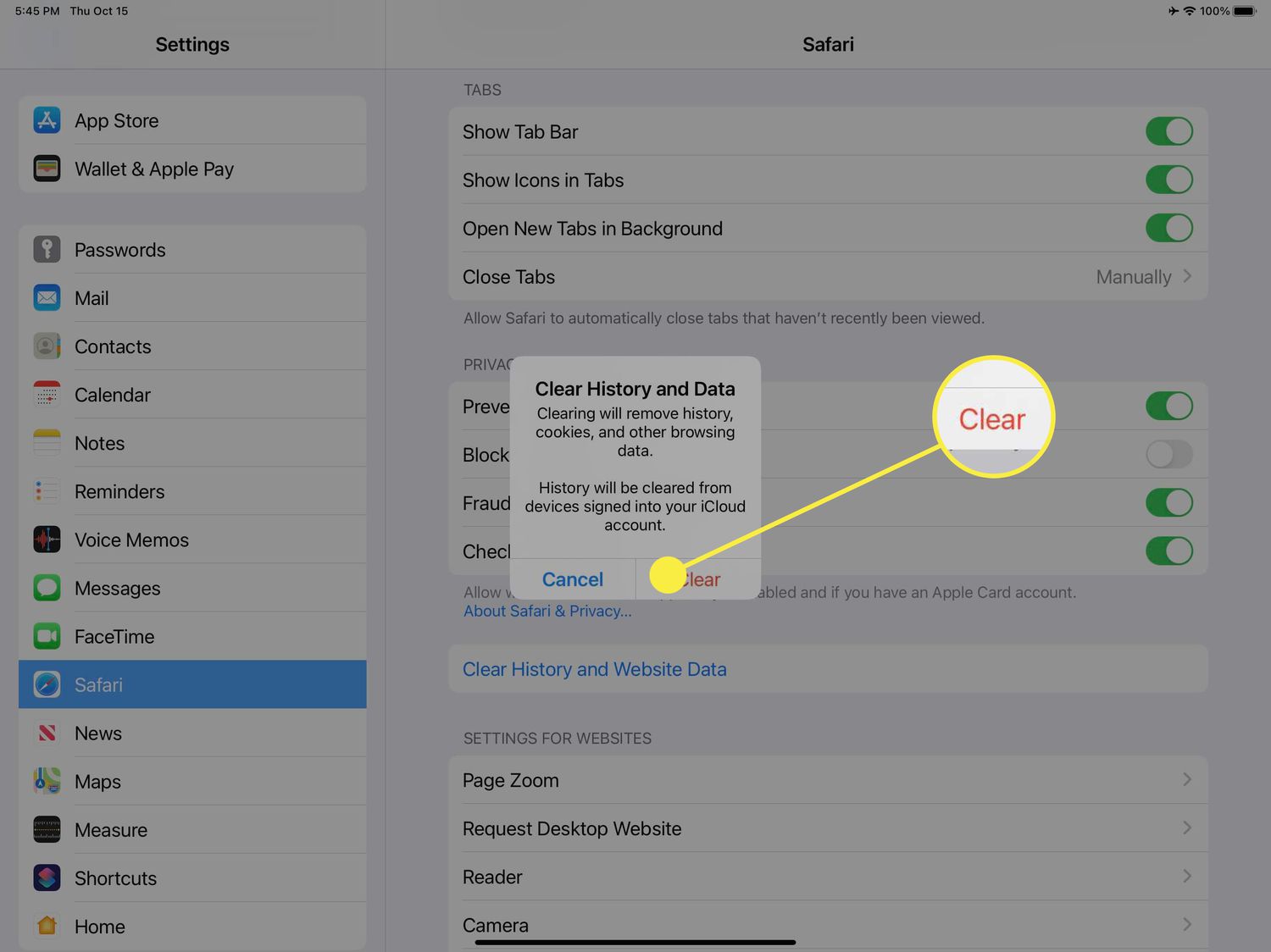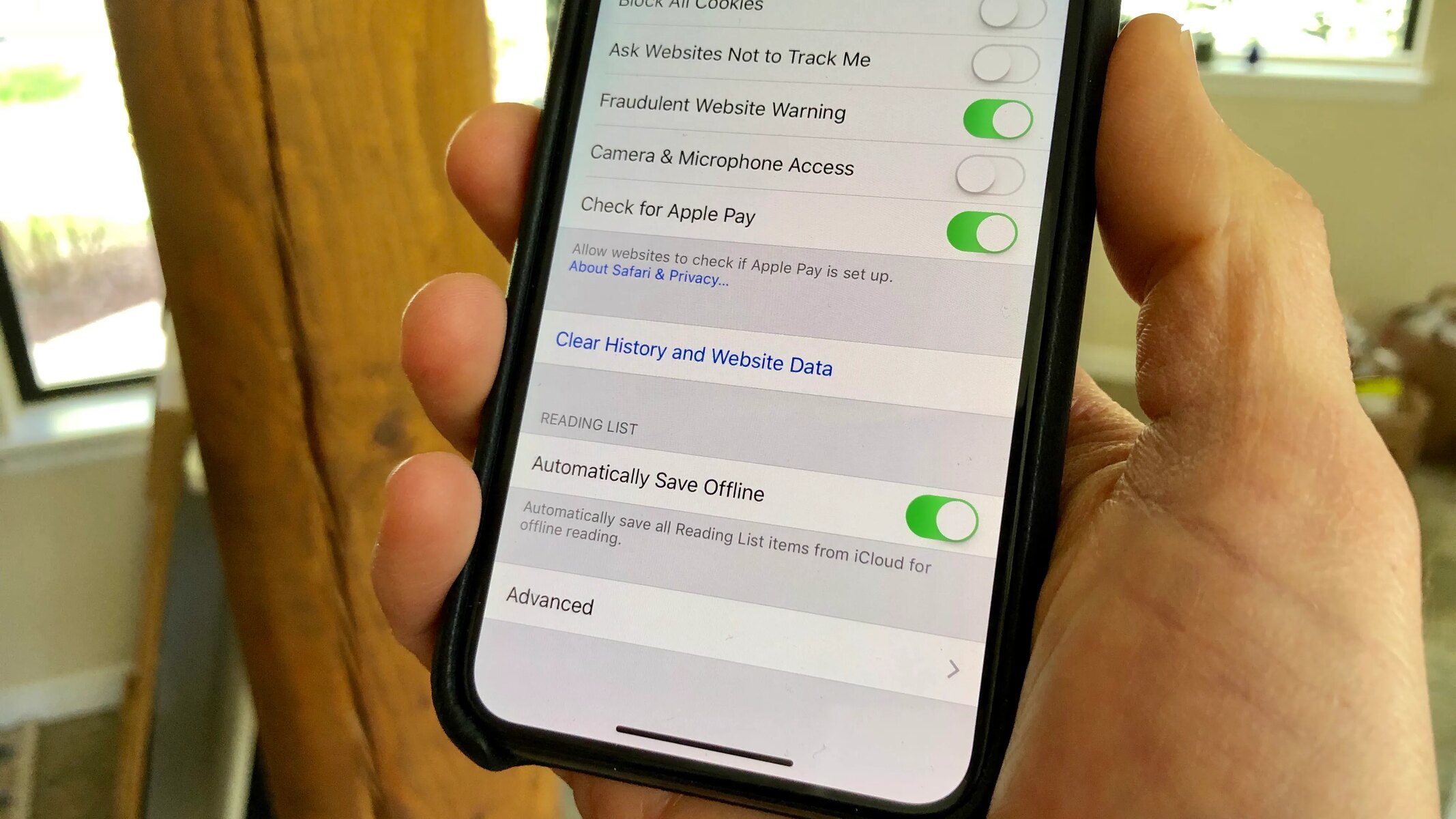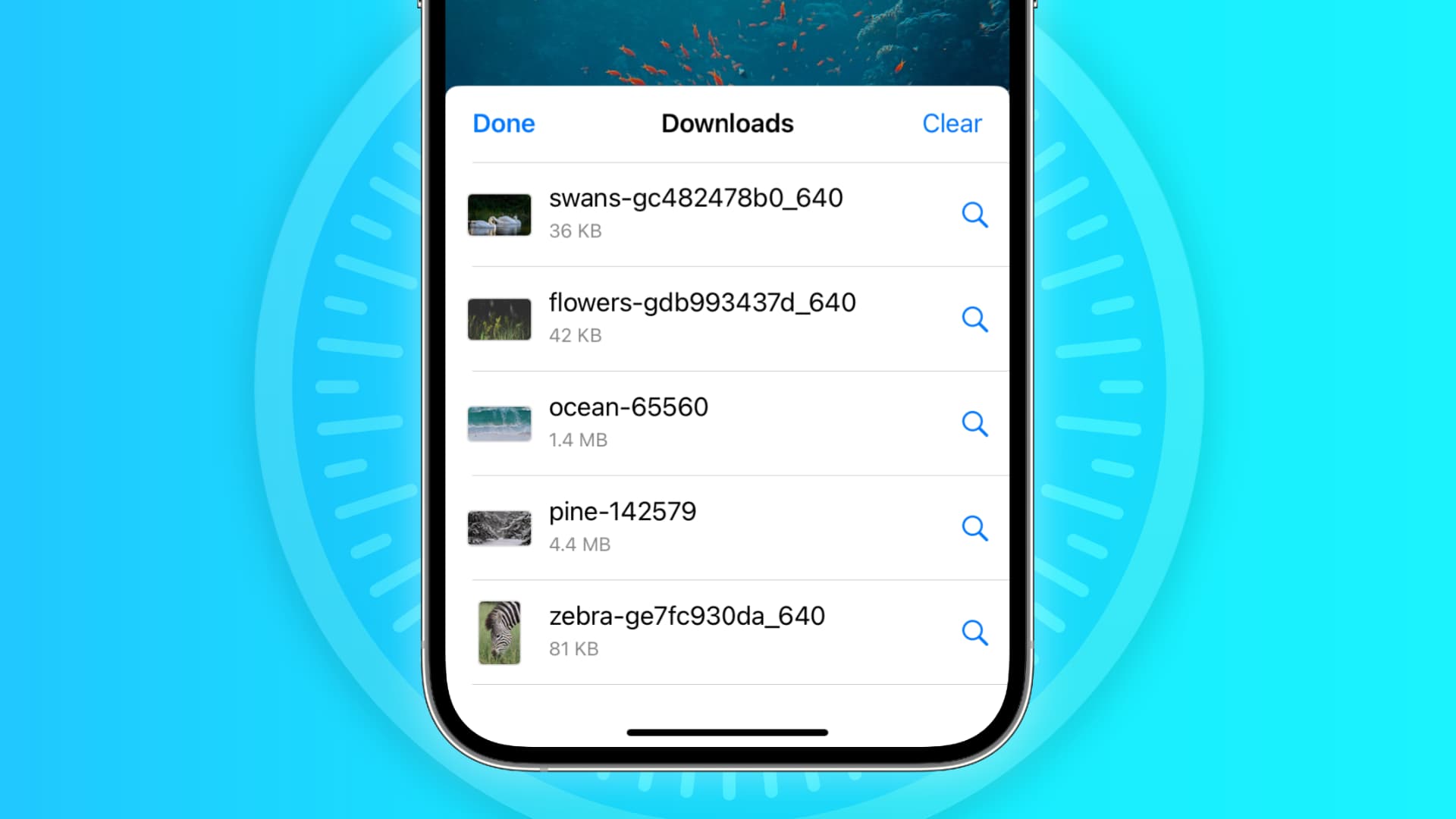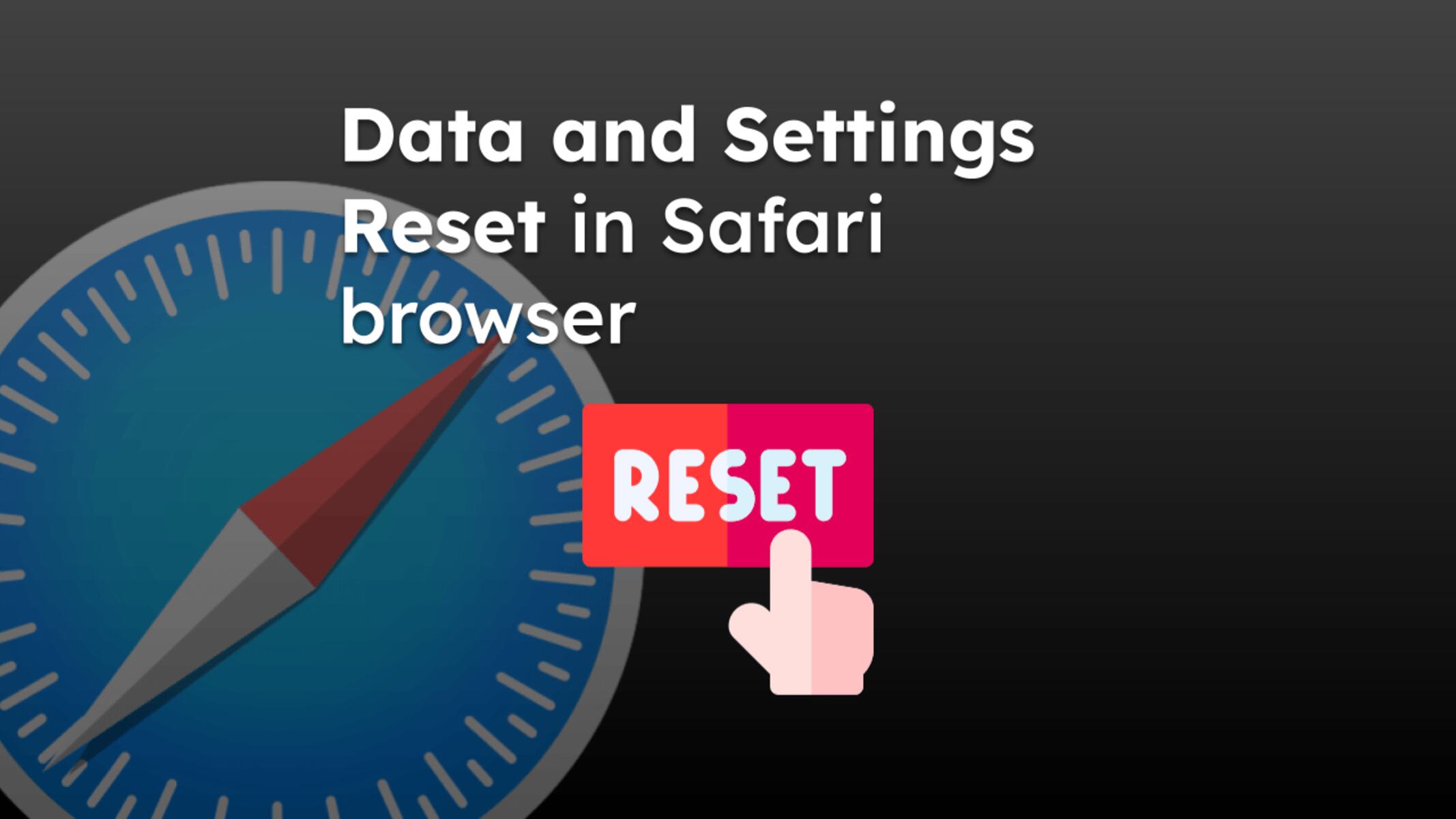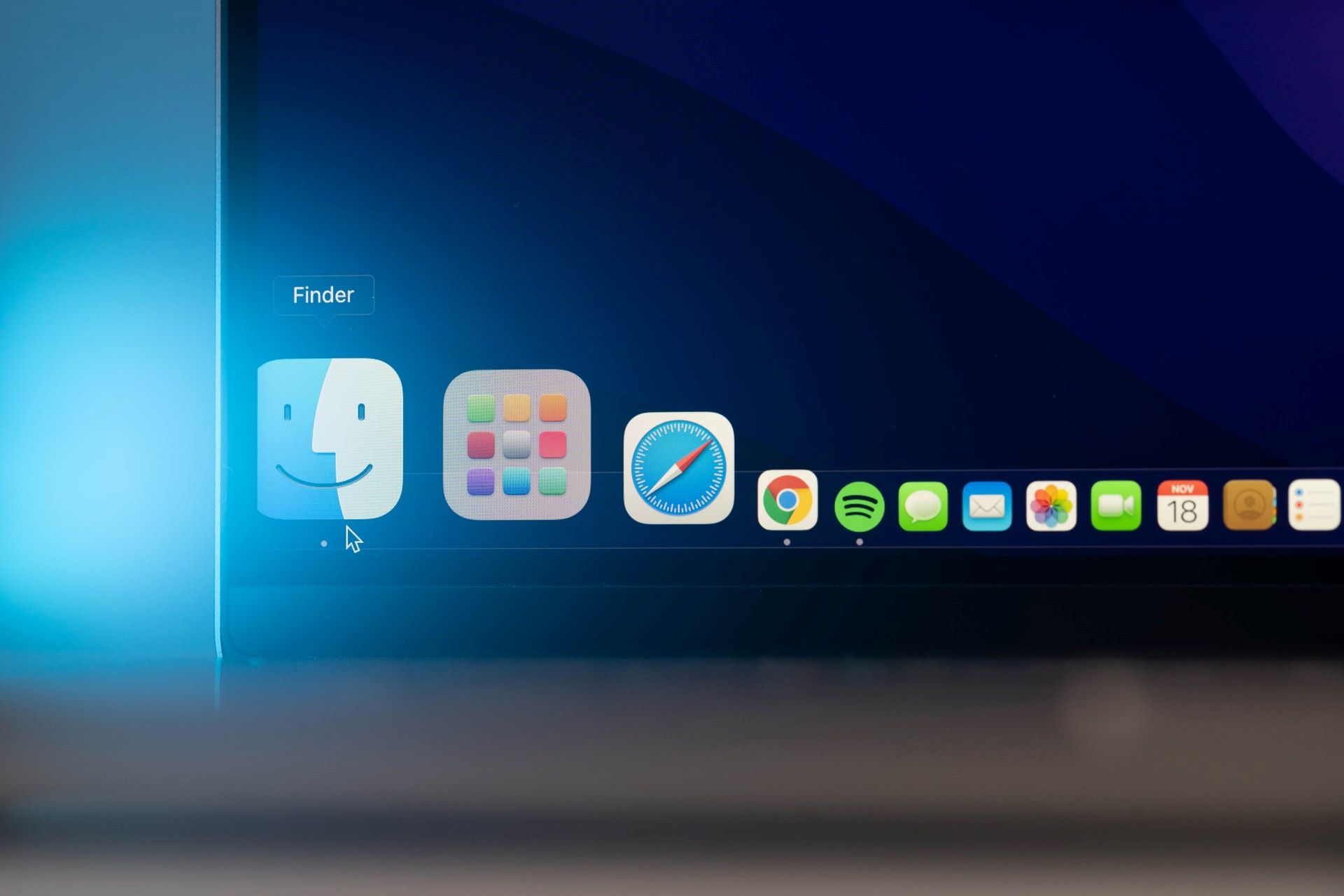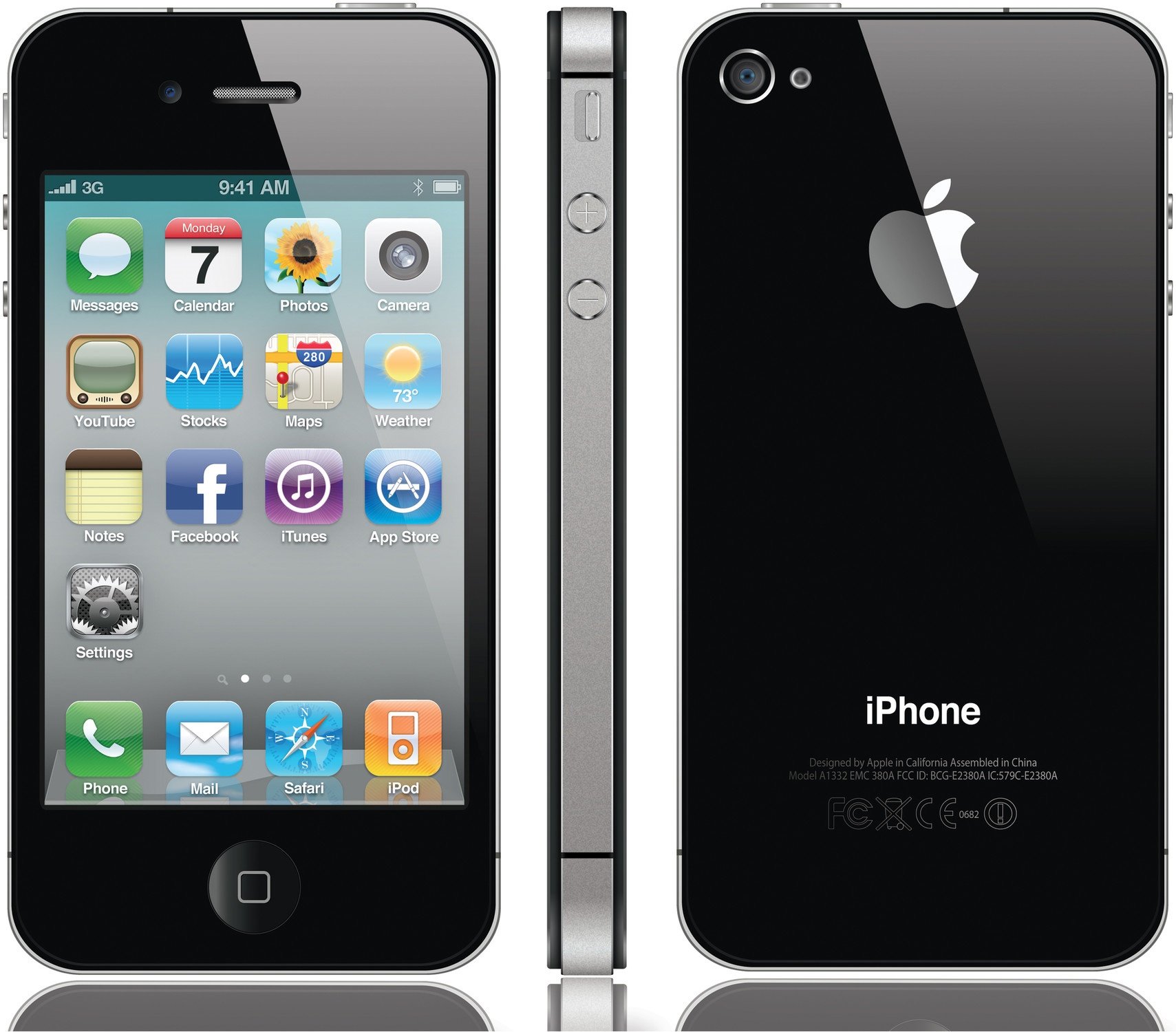Introduction
Are you frustrated with the sluggish performance of Safari on your iPhone? You're not alone. Many iPhone users encounter slow browsing speeds and unresponsive behavior while using Safari, the default web browser. This can be a major inconvenience, especially when you rely on your iPhone for various online activities such as browsing, shopping, and staying connected with friends and family.
The speed and efficiency of a web browser significantly impact the overall user experience. When Safari lags or takes ages to load web pages, it can lead to frustration and a less enjoyable browsing experience. Understanding the potential causes of Safari's slow performance and learning effective solutions to address these issues can greatly enhance your browsing experience on your iPhone.
In this comprehensive guide, we will delve into the common reasons behind Safari's sluggish behavior on iPhones and explore practical solutions to speed up the browser. By the end of this article, you will have a clear understanding of how to optimize Safari's performance, ensuring a smoother and more responsive browsing experience on your iPhone.
Let's dive into the factors that could be contributing to the slow performance of Safari on your iPhone and discover actionable strategies to revitalize the browsing speed and efficiency.
Common Reasons for Slow Safari on iPhone
-
Outdated Safari Version: Using an outdated version of Safari can significantly impact its performance. Newer versions often include optimizations and bug fixes that can enhance browsing speed and responsiveness. It's essential to regularly check for updates in the App Store to ensure that you are running the latest version of Safari on your iPhone.
-
Excessive Cache and Data: Over time, Safari accumulates a substantial amount of cache and browsing data, which can lead to slower performance. This buildup of data can clog the browser's functionality, causing delays in loading web pages and navigating through websites. Clearing the cache and browsing history can help alleviate this issue and improve Safari's speed.
-
Limited Available Storage: Insufficient storage space on your iPhone can also contribute to Safari's sluggish behavior. When your device's storage is nearly full, it can hinder the browser's ability to function optimally. This can result in slower page loading times and overall performance degradation. Regularly freeing up storage space on your iPhone can help mitigate this issue.
-
Network Connectivity Issues: Slow or unstable internet connections can have a direct impact on Safari's performance. When the network connection is weak or unstable, web pages may take longer to load, and browsing responsiveness can be compromised. It's crucial to ensure that you have a stable and fast internet connection to support Safari's optimal performance.
-
Heavy Website Content: Websites with extensive multimedia content, such as high-resolution images, videos, and complex scripts, can strain Safari's resources, leading to slower browsing speeds. These elements require additional processing power and bandwidth, which can result in delays when loading and navigating through such websites.
-
Background Processes and Tabs: Having multiple tabs open in Safari or running background processes can consume system resources, potentially impacting the browser's performance. Each open tab and background process adds to the overall workload on the device, potentially leading to slower browsing speeds and increased system resource utilization.
-
Software Glitches and Bugs: Like any software, Safari may experience glitches and bugs that can hinder its performance. These issues can manifest as slow loading times, unresponsive behavior, or unexpected crashes. Keeping your iPhone's operating system and Safari updated can help address known software-related issues and improve overall performance.
Identifying these common reasons for slow Safari performance on your iPhone is the first step toward optimizing your browsing experience. By understanding these factors, you can take proactive measures to address them and enhance Safari's speed and responsiveness on your iPhone.
Solutions to Speed Up Safari on iPhone
Now that we've explored the common reasons behind Safari's sluggish performance on iPhones, it's time to delve into actionable solutions to revitalize the browsing speed and efficiency. By implementing the following strategies, you can significantly enhance the performance of Safari on your iPhone, ensuring a smoother and more responsive browsing experience.
1. Update Safari and iOS:
Keeping Safari and your iPhone's operating system up to date is crucial for optimal performance. Regular updates often include bug fixes, security enhancements, and performance optimizations that can improve Safari's speed and responsiveness. Check for updates in the App Store and under "Settings" > "General" > "Software Update" to ensure that you are running the latest versions.
2. Clear Cache and Browsing Data:
Clearing Safari's cache and browsing history can help alleviate performance issues caused by accumulated data. To do this, navigate to "Settings" > "Safari" > "Clear History and Website Data." This can free up valuable storage space and improve Safari's ability to load web pages efficiently.
3. Manage Storage:
Regularly decluttering your iPhone's storage by removing unnecessary apps, photos, and files can contribute to improved Safari performance. Navigate to "Settings" > "General" > "iPhone Storage" to identify and remove unused apps and media files, creating more room for Safari to operate smoothly.
4. Optimize Network Connectivity:
Ensure that you have a stable and fast internet connection to support Safari's optimal performance. If using Wi-Fi, consider restarting your router or connecting to a different network if the current one is slow or unstable. When on cellular data, ensure that you have a strong signal for seamless browsing.
5. Limit Open Tabs and Background Processes:
Closing unnecessary tabs and background processes in Safari can help conserve system resources and improve browsing speed. To close tabs, tap the square icon in the lower-right corner of Safari and swipe left on any tabs you want to close. Additionally, regularly closing background apps running on your iPhone can free up resources for Safari.
6. Enable Content Blockers:
Consider using content blockers to prevent resource-intensive elements, such as ads and tracking scripts, from loading on web pages. This can significantly improve Safari's speed and reduce the strain on your device's resources.
By implementing these solutions, you can effectively address the common factors contributing to slow Safari performance on your iPhone. These proactive measures will help optimize Safari's speed and responsiveness, ultimately enhancing your overall browsing experience on your iPhone.
Conclusion
In conclusion, addressing the factors contributing to slow Safari performance on your iPhone is essential for optimizing your browsing experience. By understanding the common reasons behind Safari's sluggish behavior and implementing practical solutions, you can revitalize the browser's speed and responsiveness, ensuring a smoother and more enjoyable browsing experience on your iPhone.
Regularly updating Safari and your iPhone's operating system is crucial for leveraging performance enhancements, bug fixes, and security improvements. By staying up to date with the latest software versions, you can benefit from optimized browsing speeds and a more reliable browsing experience.
Clearing Safari's cache and browsing data, managing your device's storage, and optimizing network connectivity are fundamental steps in mitigating performance issues. These actions can free up valuable resources, reduce clutter, and ensure a stable internet connection, all of which contribute to improved Safari performance.
Limiting the number of open tabs and background processes, as well as enabling content blockers, can significantly alleviate the strain on your device's resources, leading to enhanced browsing speed and responsiveness. These measures empower you to take control of Safari's performance and create a more efficient browsing environment on your iPhone.
By implementing these solutions, you can transform your Safari browsing experience, enjoying faster page loading times, smoother navigation, and overall improved performance. Embracing a proactive approach to optimizing Safari on your iPhone empowers you to make the most of your browsing activities, whether it's researching, shopping, or staying connected with the latest online content.
In essence, by understanding the underlying reasons for slow Safari performance and taking proactive steps to address them, you can unlock the full potential of Safari on your iPhone. With a faster and more responsive browsing experience, you can navigate the digital landscape with confidence, efficiency, and enjoyment, making the most of your iPhone's capabilities.









